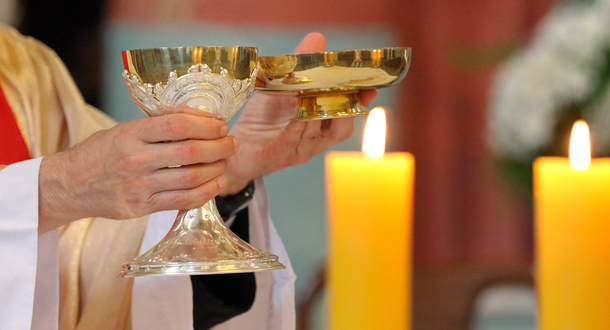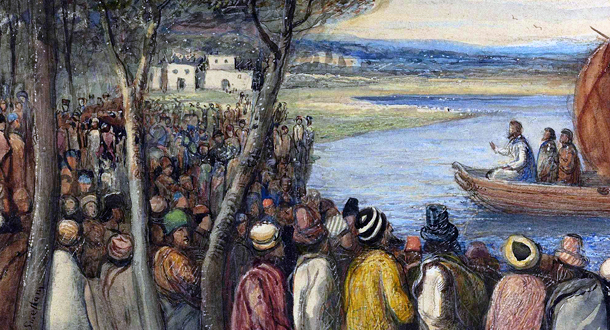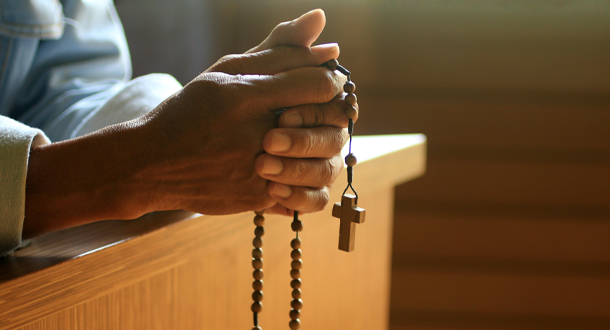
Scripture:
Reflection:
For by grace you have been saved through faith, and this is not from you; it is the gift of God; it is not from works, so no one may boast. Ephesian 2: 8 – 9
The story goes that St. Teresa of Avila convinced her younger brother to run away from home to be martyred when she was about 7 years old. I suppose that we who have been followers of Jesus have a deep desire to go to heaven and be with him in paradise. Sometimes that desire is stronger than other times. However, so many of us are like St. Augustine who wrote in his autobiography, Confessions of St. Augustine, “Lord, make me chaste but not yet.” We want to be good people, we want to be saved, but we are also drawn to the sinful side of life. We want to have it all. It takes a bit of time and spiritual maturity to choose God and God’s ways over all else in life.
Today, we celebrate the memorial feast of Sts. John de Brébeuf and Isaac Jogues, Jesuit priests and martyrs. Like St. Theresa of Avila, they were drawn to being missionaries when they joined the Jesuits in France. St. John de Brébeuf went to New France (Quebec, Canada) in 1625. St. Isaac Jogues joined the Jesuits in Canada in 1636. These two missionaries represent the Church’s commitment to evangelize those who resist evangelization but are undaunted by their challenge, even when facing death.
Pope Francis often calls us to be missionary disciples. For most of us, this means being missionary from the safety and comfort of our homes, like St. Therese of Lisieux, who is the patron of the Missions. So, being a missionary is not a vocation of living a certain lifestyle, like leaving our homeland and traveling into life-threatening situations. It is, rather, a commitment to evangelizing those near and far with our words and deeds, with our prayer and our solidarity with those who we are called to evangelize.
We may think that evangelization is all about convincing others that we are correct in our beliefs, in the way we speak about the truths of our faith and in forcing people into repeating formulas that we have memorized and believe. Being a missionary disciple is not being that way at all.
Being a missionary disciple will always be dangerous. No matter the age, no matter the culture, no matter the people who surround us, there will always be some who will not only reject our evangelization but will hate us for it. Yet, we are called to love them. There will be some who will want to win arguments about what is right and wrong. Yet we are called to listen. There will be others who will pretend to follow us but will denounce us. Yet, we are called to respect them as brothers and sisters.
As missionary disciples, we may suffer many deaths. The death of being ostracized by loved ones. The death of being shunned by our friends and neighbors. The death of being denounced by the “learned and the wise.”
St. Isaac Jogues was captured by the Iroquois in 1642 and later escaped and sailed back to France. Yet, his heart was set in returning to Quebec and did so in 1644. He was captured again, this time martyred on October 18, 1646. His Jesuit brother, St. John de Brébeuf was captured, tortured and then finally martyred on March 16, 1649.
May they always inspire us to be committed missionary disciples of our Lord Jesus Christ!
Fr. Clemente Barrón, C.P. is a member of Mater Dolorosa Community in Sierra Madre, California.







